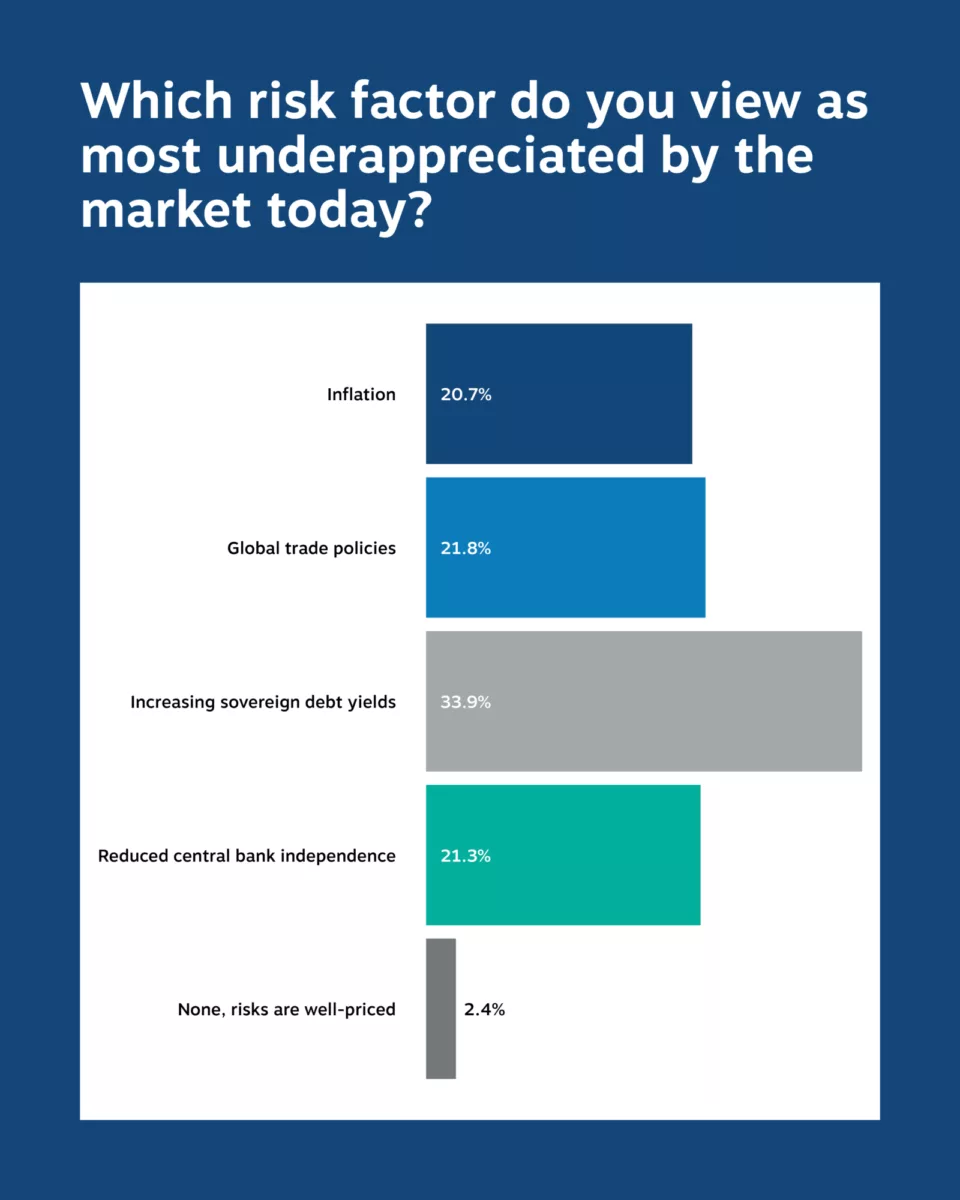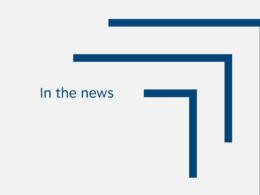
The sovereign debt time bomb: why fiscal prudence outweighs deficit size
Summary
Markets are shifting focus from deficit size to fiscal discipline. As discussed by Chatham’s Jackie Bowie and Amol Dhargalkar, the credibility of a government’s debt management plan now matters more than the numbers themselves, making fiscal prudence the key driver of sovereign risk.
Welcome to Capital markets: strategy and risk, a new series where our leaders and experts help you navigate the complexities of today's capital markets and make informed and strategic decisions.
When deficits stop telling the full story
In the current financial climate, key risks being discussed have moved beyond lackluster GDP growth and high inflation to the scale of sovereign debt and the fiscal response to deal with it. Governments are failing to make sufficient inroads into reducing their deficits, pushing concerns over sovereign debt and the resulting impact on bond yields to the top of the priority list for institutional investors and borrowers.
Deficit size vs. fiscal intent
Recent actions by credit rating agencies have highlighted a critical nuance in assessing sovereign risk: it is not just the sheer size of the deficit, but the direction and commitment of the government’s fiscal policy that truly matters. During our recent semiannual market update virtual event, Jackie Bowie, Chatham Financial’s Head of EMEA, pointed to the seemingly paradoxical downgrading of France while Italy's credit rating was increased, despite both countries having significant budget deficits. The key differentiator, Jackie explains, is intent and action: "France and the UK, to some extent, are not showing any indications that they’re going to get that debt under control, whereas Italy has made some inroads into slightly more fiscal prudence." This shift in focus means that the general fiscal position, and indications of a commitment to debt management, should now rank "at the top of the worry list."
A shifting fiscal landscape in the United States
The United States enjoys strong economic dynamism but is not immune to fiscal concerns. On the same virtual event, Amol Dhargalkar, Chatham Financial’s Chairman, noted domestic challenges, including recent extensions of tax cuts. He pointed out that the argument—that these cuts will unlock sufficient growth to improve the U.S. fiscal position—is "certainly not a mainstream view" among most economists.
Don’t take our word for it. On our virtual event, we asked our audience which risk factor they view as most underappreciated in the market. Below are their responses, showing “Increasing sovereign debt yields” having the most votes from those polled.

Source: Chatham Financial semiannual virtual event, September 24, 2025
What does this mean for investors and borrowers?
Paying close attention to the sovereign bond yields offers a clearer picture than waiting for agency ratings. As Amol noted, bond yields "tend to move ahead of any agency's decisions." This reinforces the idea that the market is already pricing in a lack of fiscal prudence in certain jurisdictions. The takeaway is that the political will to manage debt has become a significant factor in assessing sovereign risk. Policy credibility is one determinant of long-term asset performance and the cost of raising debt in those countries.
Subscribe to receive our market insights and webinar invites
Disclaimers
Chatham Hedging Advisors, LLC (CHA) is a subsidiary of Chatham Financial Corp. and provides hedge advisory, accounting and execution services related to swap transactions in the United States. CHA is registered with the Commodity Futures Trading Commission (CFTC) as a commodity trading advisor and is a member of the National Futures Association (NFA); however, neither the CFTC nor the NFA have passed upon the merits of participating in any advisory services offered by CHA. For further information, please visit chathamfinancial.com/legal-notices.
25-0110





